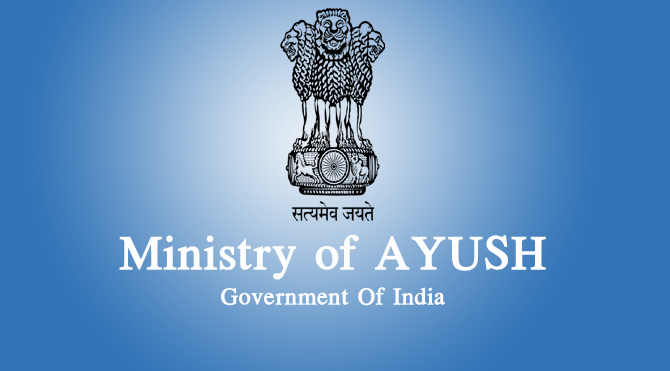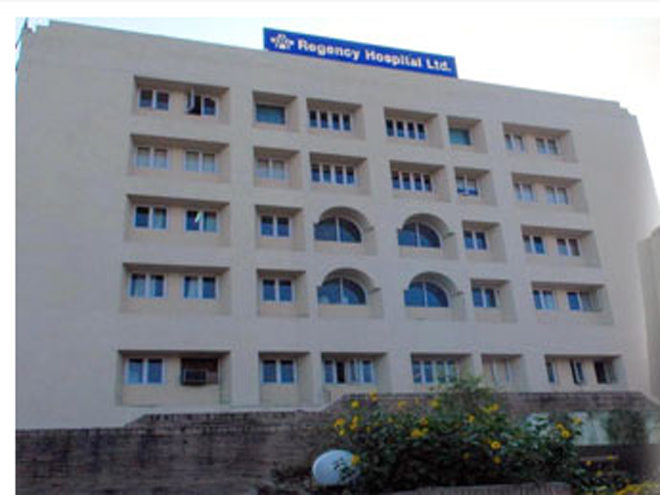
 Despite global efforts to reduce maternal mortality by 75 percent by the year 2015, it is worrisome that the number of women dying during pregnancy remains high in Nigeria. At the last count by the Nigeria Demographic Health Survey, 545 women die out of every 100,000 live births.
Despite global efforts to reduce maternal mortality by 75 percent by the year 2015, it is worrisome that the number of women dying during pregnancy remains high in Nigeria. At the last count by the Nigeria Demographic Health Survey, 545 women die out of every 100,000 live births.
According to the UN report of 2010, about 40 nations, developing countries, have made some appreciable progress along this line, but Nigeria falls within the eight countries that did not make significant progress.
If this current statistics are not reversed, Nigeria might not achieve the global objective that Millennium Development Goal (MDG) 5 was set up for, which was adopted by the federal government in 2007. The need to urgently address the unacceptably high rate of maternal mortality in Nigeria cannot be overemphasised.
To this end, stakeholders in the health sector converged recently in Benin City, Edo State to brainstorm on this important issue. The one-day national workshop with the theme, Advocacy: Key to Improving Maternal and Child Health, organized by Womens Health and Action Research Centre (WHARC), a non-governmental organization, examined the role of evidence-based advocacy on maternal and child health in Nigeria.
To Dr Wilson Imongan, a former commissioner for Health in Edo State, no woman should die giving birth. No woman should die while doing what she has to do biologically.
It is pertinent to ask: Why do they die? According to medical experts, causes of death during pregnancy include anaemia, malaria, obstructed labour, unsafe abortion, toxaemia, maternal infections, haemorrhage etc.
They are the same causes of death in Nigeria and elsewhere in the world. But what is responsible for the high rate of maternal death in Nigeria?
The primary factor is access to health care delivery. If there is a skilled birth attendant during delivery, namely doctors, nurses and mid-wives, they will identify danger signals, if any, during delivery. In this country, the ratio of skilled attendants is barely 50 percent. That means that the women are left at the mercy of complications of pregnancy, said Dr Imongan.

Be a part of Elets Collaborative Initiatives. Join Us for Upcoming Events and explore business opportunities. Like us on Facebook , connect with us on LinkedIn and follow us on Twitter , Instagram.












